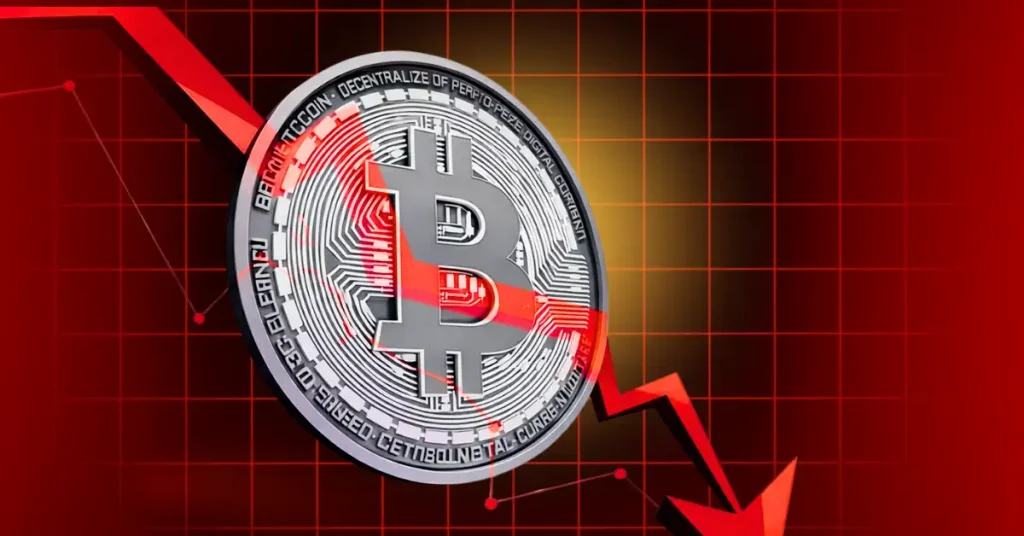A group of 55 Chinese iPhone and iPad users have filed an antitrust complaint against Apple with China’s State Administration for Market Regulation in Beijing on Monday, accusing the company of abusing its dominance by restricting app distribution and forcing payments through its own system while taking commissions as high as 30%, according to Reuters.
The users are represented by lawyer Wang Qiongfei, who accuses Apple of turning its App Store into a monopoly by blocking other payment options and app stores in China, even though it now allows such alternatives in the EU and United States after regulators pushed back.
The lawsuit also accuses Apple of three major violations of China’s Anti-Monopoly Law: limiting downloads to the App Store, requiring all digital goods to go through the In-App Purchase system, and charging commissions that critics say give Apple an unfair advantage over competitors.
Wang said these actions trap users inside Apple’s ecosystem and inflate costs for millions of Chinese consumers who rely on iPhones and iPads every day.
Regulators review new complaint as tensions rise between China and the U.S.
This is Wang’s second case against Apple. His first lawsuit, filed in 2021, was dismissed by a Shanghai court last year. He has since appealed to China’s Supreme People’s Court, which heard the case in December but hasn’t yet issued a verdict.
Wang said he expects this new administrative complaint to move faster because regulators are already focusing on U.S. tech firms amid heightened trade tensions. Both Beijing and Washington have been ramping up tariffs and technology restrictions, with President Donald Trump’s administration continuing to pressure China’s tech industry.
China’s market watchdog has also been investigating other U.S. companies. Qualcomm is currently facing a probe over its acquisition of the Israeli firm Autotalks, part of Beijing’s broader push to challenge foreign tech dominance.
Apple stock jumps as iPhone 17 sales beat expectations
While facing legal pressure in China, Apple’s investors were celebrating elsewhere. Loop Capital on Monday upgraded Apple from hold to buy, raising its price target to $315 per share from $226, a potential 25% upside.
Analyst Ananda Baruah said supply-chain data shows the company is now entering a multi-year iPhone growth cycle through 2027. Baruah wrote that Apple’s iPhone 17 lineup, launched in September, is performing far better than expected, and could lead to three consecutive record shipment years between 2025 and 2027.
The report said Apple plans to launch lighter, foldable iPhones and its first AI-powered phone, signaling what could become its third straight year of hardware innovation.
Despite a tough start to the year, Apple’s stock is now up by 22% in the past three months and 3% for 2025. The stock rose by another 2% on Monday after the upgrade. Out of 52 Wall Street analysts, 32 now rate the stock a buy or strong buy, based on LSEG data.
Meanwhile, fresh data showed that the iPhone 17 series has outsold the iPhone 16 lineup by 14% in both China and the United States within its first 10 days of release.
Right after Loop’s upgrade, Apple’s stock smashed through another ceiling, hitting an all-time high of $260.20, pushing its total market cap to a massive $3.85 trillion. Right now, the stock’s P/E ratio sits at 39.34, a level that’s drawing plenty of attention from analysts and traders looking for signals. Price targets across the board range wildly between $175 and $310, as opinions split on whether this rally’s got more fuel.
Mengmeng Zhang, a senior analyst at Counterpoint Research, said the base model’s stronger chip, better display, higher storage, and improved selfie camera make it “very compelling to consumers.”
Zhang added that for the same price as last year’s model, combined with discounts and coupons offered by retailers, buying the iPhone 17 “is a no-brainer.”
Don’t just read crypto news. Understand it. Subscribe to our newsletter. It's free.
















 English (US)
English (US)